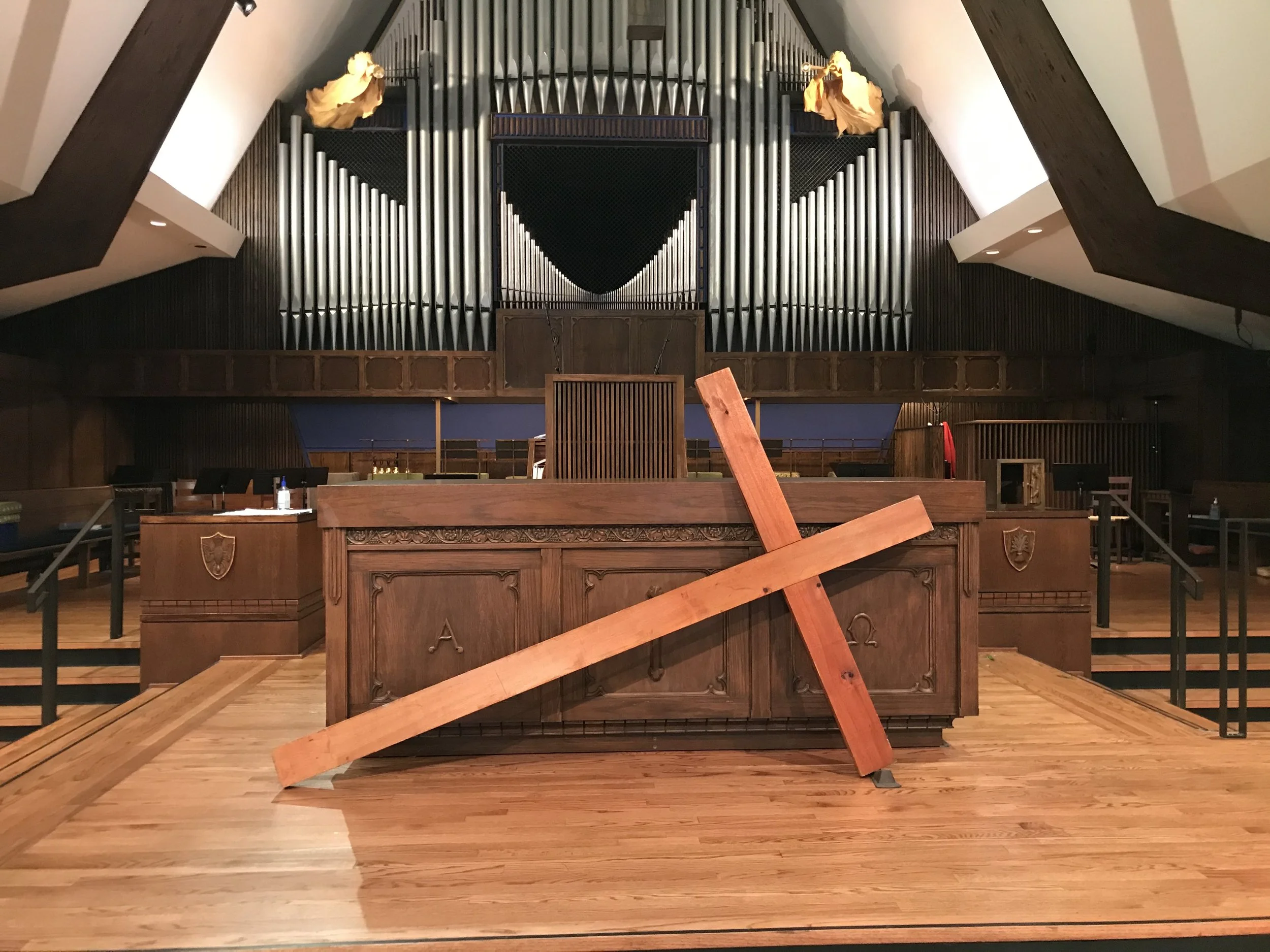Good Friday
“The courageous women who weep …”–John 18:1-19:42.
“On Good Friday, so much focus is rightfully on Jesus’ suffering on the cross. But let’s look down below him and see the courageous women of John’s story.
In memory of them, let us pray for women who today will weep for their children, refusing to be comforted. And let us hold in prayer the women in today’s Golgothas who, in the face of horrible suffering, somehow find the strength to hold each other up.”—Eileen D. Crowley, “Sunday’s Coming” in The Christian Century (4/11/2017).
In Arkansas, starting on Easter Monday, 2017, eight executions were planned over ten days because one drug had an expiration date at the end of that month. There had been no execution for twelve years. I remember that earlier execution well because I was a deacon at our cathedral, which is close to the governor’s mansion.
Eric Nance was executed for the death of 18-year-old Julie Heath. We had an ecumenical prayer service for the person to be executed and the person he killed. I played the harp at the service, probably the African American spiritual, “Sometimes I Feel Like a Motherless Child.” We then went to the governor’s mansion and sang and prayed by candlelight until after the execution.
All the men on death row had killed young women. I wonder what these girls are praying for now in eternal life and if they are lighting candles. Some stories about the men reveal that they had awful lives with a lack of love from women, like the ones who followed Jesus.
women at the cross
My prayers today are that governors all over our country will stay executions, and eventually, this state will abolish the death penalty.
My third prayer is that we will do our best to raise strong and loving women, like the ones at the cross with Jesus, so their children will know love and not violence against others, especially against women.
Remember the wrongful death of Jesus today. Also, include in your prayers the many people all over the world who are unjustifiably suffering and dying. Remember those who were ill or died because of the past epidemic. Remember those still suffering in this state from the tornadoes. Remember the families, women, and children in Ukraine, Gaza, Israel, the Middle East, and Sudan.
Chapel of Joseph of Arimathea National Cathedral
I close with a recent Good Friday poem by another loving and strong woman and dear friend, Zane Baker, in Winston-Salem.
Think of the many crosses we live
The Thrills/ and Tough Times
The Tall Trees/ Torn Trunks
The Terrifying Tempest/or Tender Tranquil
The Tiny/ the Tremendous
The unTouchable Twinkles alofT
All Tended with love.
Joanna. joannaseibert.com https://www.joannaseibert.com/






